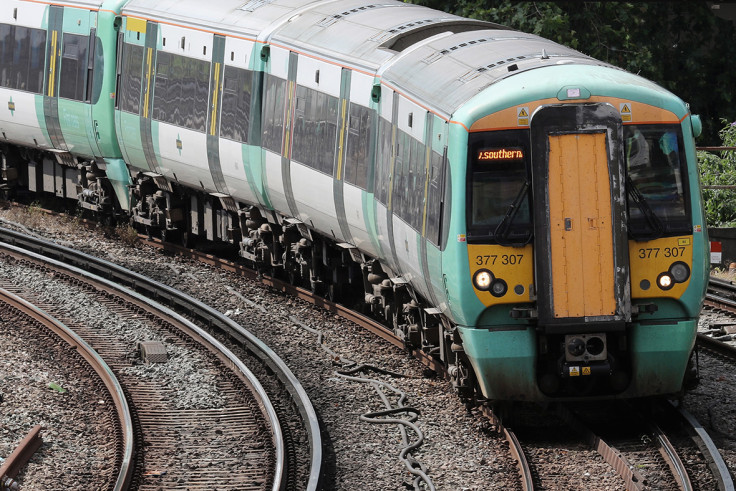British workers spend up to a seventh of their income on rail fares, study says
Rail fares in the UK were about six times more than elsewhere in Europe.

British workers are spending 14% or up to a seventh of their income on rail fares, a study published on Tuesday (3 January) by the Action for Rail campaign has revealed.
Britons who commute via rail were paying about six times more than elsewhere in Europe, the study showed. Those travelling into London were paying an average of £387 ($476.17) a month, which was much higher than the £61 paid for tickets into Paris and Rome.
The study added that rail ticket prices had risen twice as much as wages and inflation over the past decade.
Mick Whelan, the general secretary of the British trade union ASLEF, said, "It is scandalous that the government is allowing privatised train companies to make even more money for providing an ever-poorer service...We have the most expensive railway in Europe and the train companies, aided and abetted by this government, are about to make it even more costly for people to travel."
The study follows an increase in rail fares that kicked in on Monday. While the average increase in ticket prices across the UK stood at 2.3%, certain private operators such as Virgin Trains East Coast were found to have hiked fares by up to 4.9%.
According to the Guardian, July's Retail Prices Index (RPI) measure of inflation is used by the government to determine the rate of increase in rail fares every January. While this is said to be applied to about 40% of all rail tickets, train operators are said to have the liberty to set the prices of other tickets within the boundaries set by competition rules.
The increase in fares also received criticism from Rail, Maritime and Transport Union general secretary, Mick Cash. "Companies like Southern Rail and their French owners are siphoning off cash to subsidise rail services in Paris and beyond," he said.
Meanwhile, a separate study by the Campaign for Better Transport (CBT) also showed the increased rail fares in bad light. It said that while season ticket holders travelling from Stevenage to London were paying £0.27 a minute, those from Bath Spa to Bristol were paying £0.25 a minute. This was one of the steepest fares the country had faced.
However, Rail Delivery Group (RDG), which represents train operators, argued in favour of the price increase. It said that 97% of every pound collected from commuters was re-invested into running and improving services.
A RDG spokesman explained, "CBT appears to be suggesting that because a journey is fast it is worse value for money — a logic not many passengers would agree with... At £5.15, the average price paid per journey on a season ticket — the increases to which are set by government — is actually lower in real terms than at the turn of the century.
"Money from fares is helping to support the £50bn-plus Railway Upgrade Plan to give people new trains and faster, more reliable, more punctual journeys."
Campaigners and rail workers are now said to stage protests at more than 100 stations. They will speak against high rail fares and in support of public ownership of the UK rail network.
© Copyright IBTimes 2024. All rights reserved.





